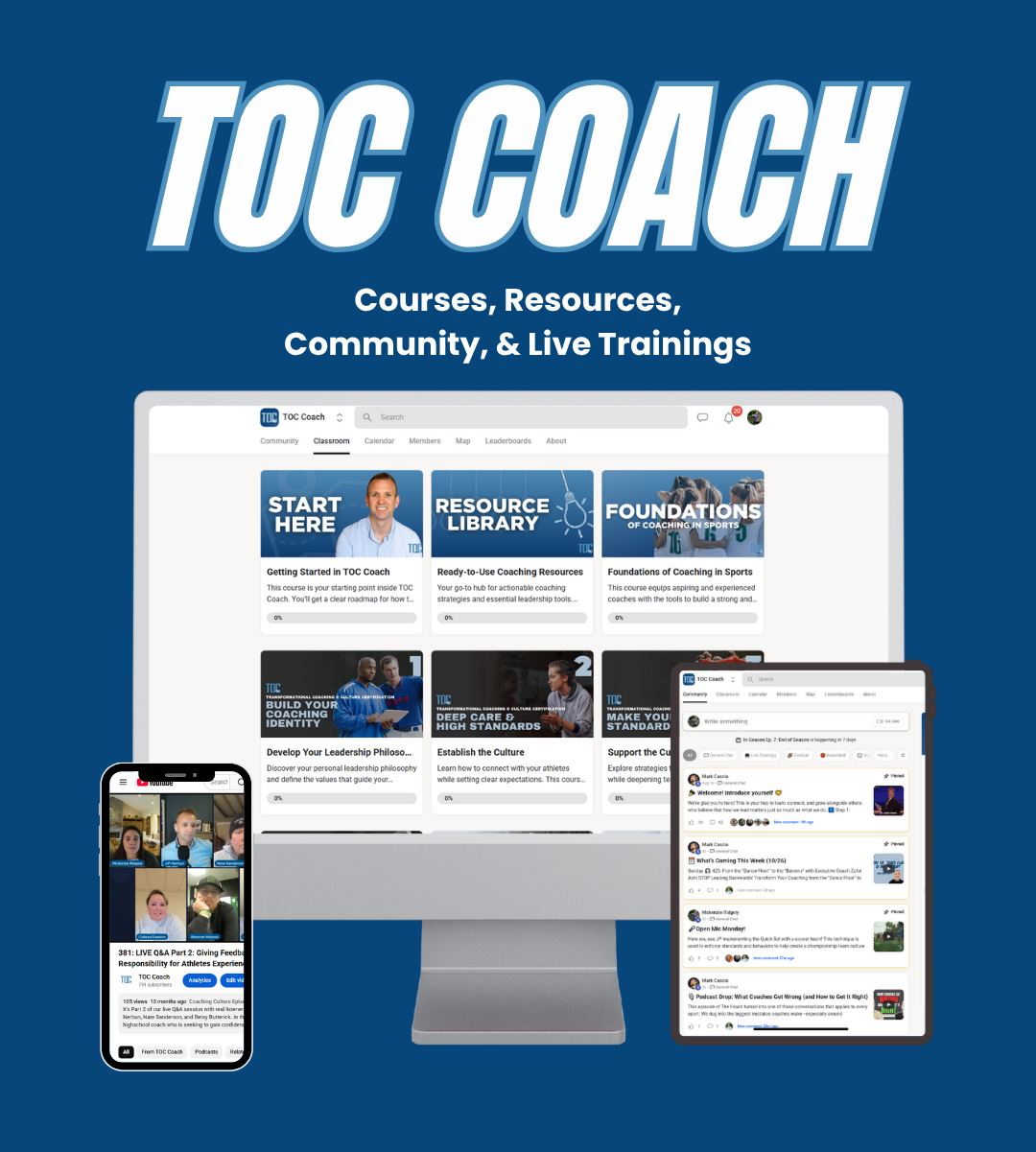Try Dining Alone
In the final 100 days of 1984, the year before Danny Meyer opened his foundational restaurant, Union Square Cafe, he embarked on a solitary journey across Italy and France, soaking up the culinary life. He worked as a chef’s apprentice (cleaning dishes) and stayed in cheap accommodation so he could afford to eat his way through Paris, Rome, Florence, Sardinia, and more.
Everywhere he went, he studied not just the food, but the entire ecosystem of each restaurant. He later wrote:
“Beyond describing dishes I had loved, the journal entries included notes and sketches for lighting fixtures, menus, architecture, flooring, and seating plans, and tellingly notes about how I felt treated wherever I slept or dined. I was developing my vision of my future restaurant by getting to know myself. Never before have I been alone for so long, and the experience was forcing and allowing me to think about and feel what truly mattered to me.”
Danny Meyer undoubtedly learned cooking techniques, recipes, and strategies during his apprenticeships, but it was in the solitary moments—the dining alone, the detailed journaling—that he truly discovered himself. He returned to New York City with a vision for his future restaurants: a clear sense of how he wanted the experience to feel for employees and customers alike. He had found his core values.
When Meyer returned, he didn’t just recreate his favorite trattoria or ristorante in New York City—an easy and tempting path. Instead, he created something truly unique, an expression of his identity and personal philosophy. And it all started with knowing who he was and who he was not.
Nowadays, people try to copy Meyer’s concept of “Enlightened Hospitality," which authors like Daniel Coyle in The Culture Code credit for building a multi-billion dollar empire that includes fine dining establishments and the global chain Shake Shack. But the idea of prioritizing employee well-being as the essential source from which all customer satisfaction and business success must flow is not a novel concept. But a copied philosophy is always thin. It will fail when the pressure hits because it isn't truly yours.
Every great leader’s journey contains a period of solitude and deep reflection—an opportunity to discover their own unique philosophy. For some, it happens after being fired, like Pete Carroll from the New England Patriots. For others, it’s after burnout, like Jürgen Klopp at Borussia Dortmund. Some, like Phil Jackson, dedicate years to continuous retreats after each season. Few are as fortunate as Steve Kerr, who undertook this process before taking his first head coaching job with the Golden State Warriors.
It’s tempting to look at the strategies and values these leaders use to build their cultures and simply try to replicate them. It’s tempting to rely solely on the experience and advice of mentors. But like Meyer, we typically need more nights dining alone, more time with our journal—reflecting—to truly find ourselves.
Need Help in Self-Discovery?
Join TOC Coach this year to not only get your Transformational Coach & Culture Certification but to join our community of leaders on this journey.
Want something more in person? Consider attending a TOC Retreat for an experience like no other.



